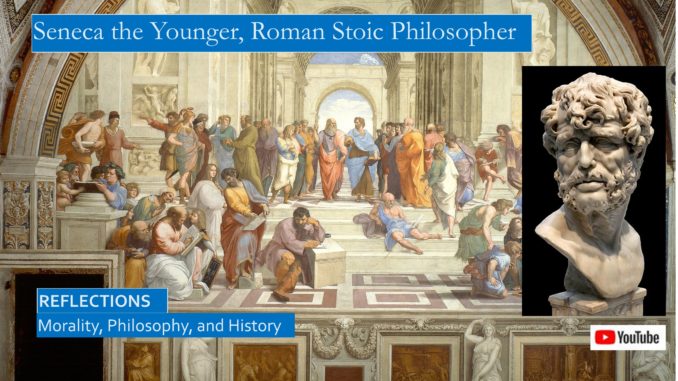
Seneca was the tutor and later advisor to the infamous Roman Emperor Nero. In the early years of his reign Nero followed Seneca’s counsel and ruled well, but Nero was not a good pupil nor was he a good emperor. Losing favor at court Seneca asked permission to retire to his estates, knowing that even in retirement his days were numbered, for any day the mad emperor could demand of him his life. It was during these short years of retirement Seneca wrote many of his philosophical works.
How does Seneca start his “Letters From a Stoic”, his “Moral Epistles”? Seneca discusses our most precious possession, our possession that we can never really possess, that continually slips through our fingers, the loan we can never repay, the gift we waste through carelessness, the treasure we should not waste, our most precious possession, time.
YouTube Video for blogs 1-3, which includes introductory material not in blogs: https://youtu.be/wgD8skYi3I0
YouTube script with more book links: https://www.slideshare.net/BruceStrom1/seneca-the-younger-roman-stoic-philosopher-short-biography-and-sayings
Seneca asks, “What man can you show me who places any value on his time, who reckons the worth of each day, who understands that he is dying daily? For we are mistaken when we look forward to death; the major portion of death has already passed. What years be behind us are in death’s hands?” Nothing in life is ours except time, while we postpone life speeds by, so let us live well, not wasting time.[1]
In his next letter, on the reading of good books, Seneca compares those who dabble through many books to a traveler who has many acquaintances in many foreign lands but very few true friends. Read deeply of the works of a master thinker, get to know him as you would know a good friend. Each day learn something new that improves your life, fortifies your soul.
Seneca then shares a thought he learned from Epicurus, “Contented poverty is an honorable estate.” Seneca adds that this is not poverty at all, for “it is not the man who has too little, but the man who craves more, that is poor. What does it matter how much a man has laid up in his safe, or in his warehouse, how large are his flocks or how fat his dividends, if he covets his neighbor’s property, and reckons, not his past gains, but his hopes of gains to come? Do you ask what is the proper limit to wealth? It, first, to have what is necessary, and, second, to have what is enough.”[2]
These reflections of Seneca remind us how King Ahab pined for Naboth’s vineyard, and how Queen Jezebel, to make him happy, drew Naboth to his death through false accusations, destroying both his life and his reputation before stealing his vineyard. Seneca’s reflections also remind us how the prophet Nathan told King David of the rich man who stole from his poor neighbor his only ewe, his little lamb, his precious little lamb that was his pride and joy, the ewe whom he loved, and how King David exclaimed, This rich man deserves death, and Nathan’s response, You are the man!
Blessed are the poor in Luke are the poor in spirit in Matthew, but cursed are the poor in virtue who covet and steal from their neighbors, particularly if they covet and steal from their poorer neighbors, for they are truly the poorest of all, for they have no treasure stored in heaven or in their soul. The truly poor are those who curse themselves by their covetousness and selfishness.
Seneca advises us, “Live among men as if God beheld you; speak with God as if men were listening.”[iii]
Seneca comments in his letter on Old Age, “If God is pleased to add to our lives another day, we should welcome it with glad hearts. That man is happiest, and is secure in his own possession of himself. When a man had said ‘I have lived!’, every morning he awakes he receives a bonus.” Seneca reflects on his retirement, “Life is most delightful when it is on the downward slope, but has not reached the abrupt decline.”[iv] We are truly blessed in our modern times with year-round fruits and vegetables shipped in season in all seasons from around the world, we are blessed with the knowledge on how to stay healthy, we should eat healthily, and walk and bike and hike and go to the gym, we should keep up with old friends and make new friends, and be thankful for all the small blessings life brings to us, for as Seneca reminds us, Unblessed is he who thinks himself unblessed.[v]
Letter XIII On Groundless Fears
In the years before Seneca wrote his moral epistles he was one of the most powerful officials in bustling Rome, serving at the right hand of the Emperor, but now, in retirement, in the quiet of his estates, he wonders when and if the now mentally unbalanced emperor whom he once tutored would require of him his life. How does he face his fate?
Seneca does not know for sure what his fate will be. He knows it is likely troubles are ahead, but he cannot say that for sure. Sometimes the unexpected happens, sometimes the expected never happens. We can let our fears sink us in despair, or we can let our hope look forward to better days. Seneca laments, “sometimes the sword is checked at the victim’s throat, sometimes men survive their executioners. Bad fortune is fickle, maybe it will come, but it has not come yet, so we should look forward to better days.”
Seneca bounces back, “Life is not worth living” if we multiply our sorrows with our worries. Instead, “temper your fear with hope.” Weigh carefully your hopes and your fears, but believe more in your hopes than your fears, and don’t let your fears harass your soul. As Seneca observes, “some things torment us more than they ought; some torment us before they ought; some torment us when they ought not to torment us at all. We are too often in the habit of exaggerating, or imagining, or anticipating, sorrows and troubles.”
Near the end of his letter Seneca asks, What is the worst that can happen? For Seneca, the worst is a death that will bring credit to his life, like the hemlock draught Socrates was compelled to drink for a death sentence brought on by false accusations. “Wrench from Cato’s hand his sword, the vindicator of liberty, and you deprive him of the greatest share of his glory,” the Cato who refused to support Caesar when he destroyed the Republic. [vi]
We should be thankful that we will never be executed if we are fired from our jobs, as was Seneca and many others who served kings and emperors. When life’s troubles and torments frustrate us, how can we be hopeful? We should live a life worth living, we should be kind and forgiving and forbearing to our neighbor, we should be kind to our neighbor, without demanding that our neighbor be kind or tolerant towards our weaknesses, we should not keep scorecards on our family or friends. When you live a godly life, often you are happy, but sometimes you are not.
Seneca Blog 2 http://www.seekingvirtueandwisdom.com/seneca-moral-epistles-blog-2-stoicism-and-living-a-godly-life/
[1] Seneca, “Moral Discourses,” in Stoic Six-Park – Meditations of Marcus Aurelius and More, translated by Richard Gummere, (Enhanced Media, 2014, first published 1925), Letter I, 219.
[2] Seneca, Moral Discourses, Letter II, 220.
[iii] Seneca, Moral Discourses, Letter X, 233.
[iv] Seneca, Moral Discourses, Letter XII, 235-236.
[v] Seneca, Moral Discourses, Letter X,232
[vi] Seneca, Moral Discourses, Letter XIII, 236-239.

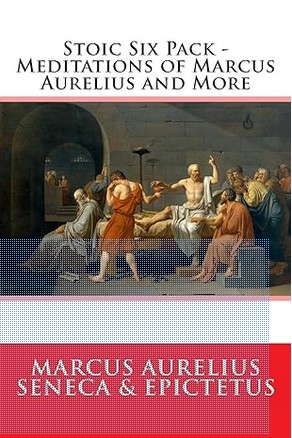
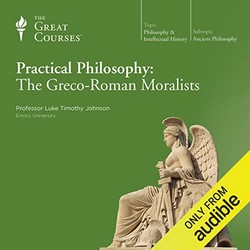
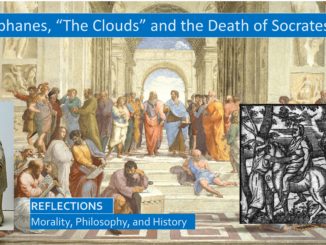
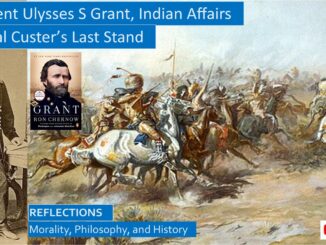
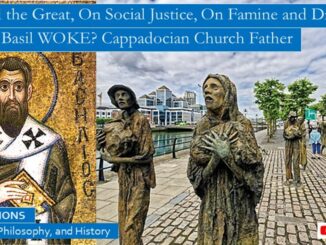
6 Trackbacks / Pingbacks